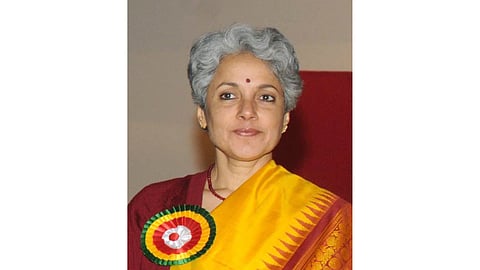Amid ongoing discussions about extended workweeks, former WHO chief scientist Soumya Swaminathan has emphasized the importance of recognizing the body's signals and taking necessary breaks. She cautioned that excessive work over long periods can lead to burnout and decreased productivity, underscoring that efficiency is more about work quality than the number of hours logged.
Speaking in an interview with PTI, Swaminathan advised individuals to pay attention to their physical and mental well-being. She acknowledged that short stretches of intense work are feasible but not sustainable over an extended period. "You can push yourself and work extremely hard for a few months—many of us did that during COVID-19. But could we have maintained that level of exertion for years? I don't think so," she said.
Reflecting on the challenges faced by healthcare professionals during the pandemic, Swaminathan highlighted the immense strain they endured. "For two to three years, we managed with little sleep and constant stress, especially healthcare workers who worked tirelessly. Some even left the profession due to burnout. Such a pace is only viable for short durations and cannot be maintained indefinitely," she explained.
She further stressed the necessity of rest and mental well-being for long-term effectiveness. "The human body requires sleep, and mentally, taking breaks is essential to remain productive and maintain clarity of thought," she said.


